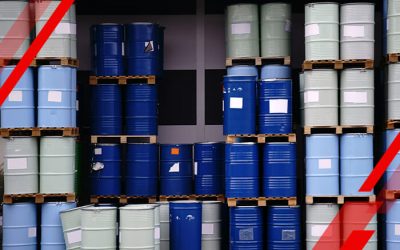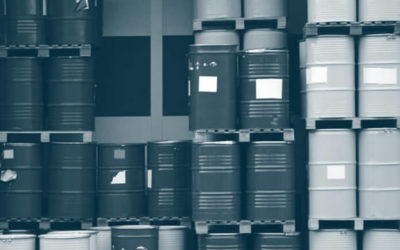Hazardous waste generators face many training requirements in order to remain compliant. Learn what they are for every category of generator.
Service Request
Have waste that requires compliant handling or disposal? Fill out our service form and an MCF Environmental Representative will get back to you quickly with next steps!
Please note we do not provide disposal services for household waste
















